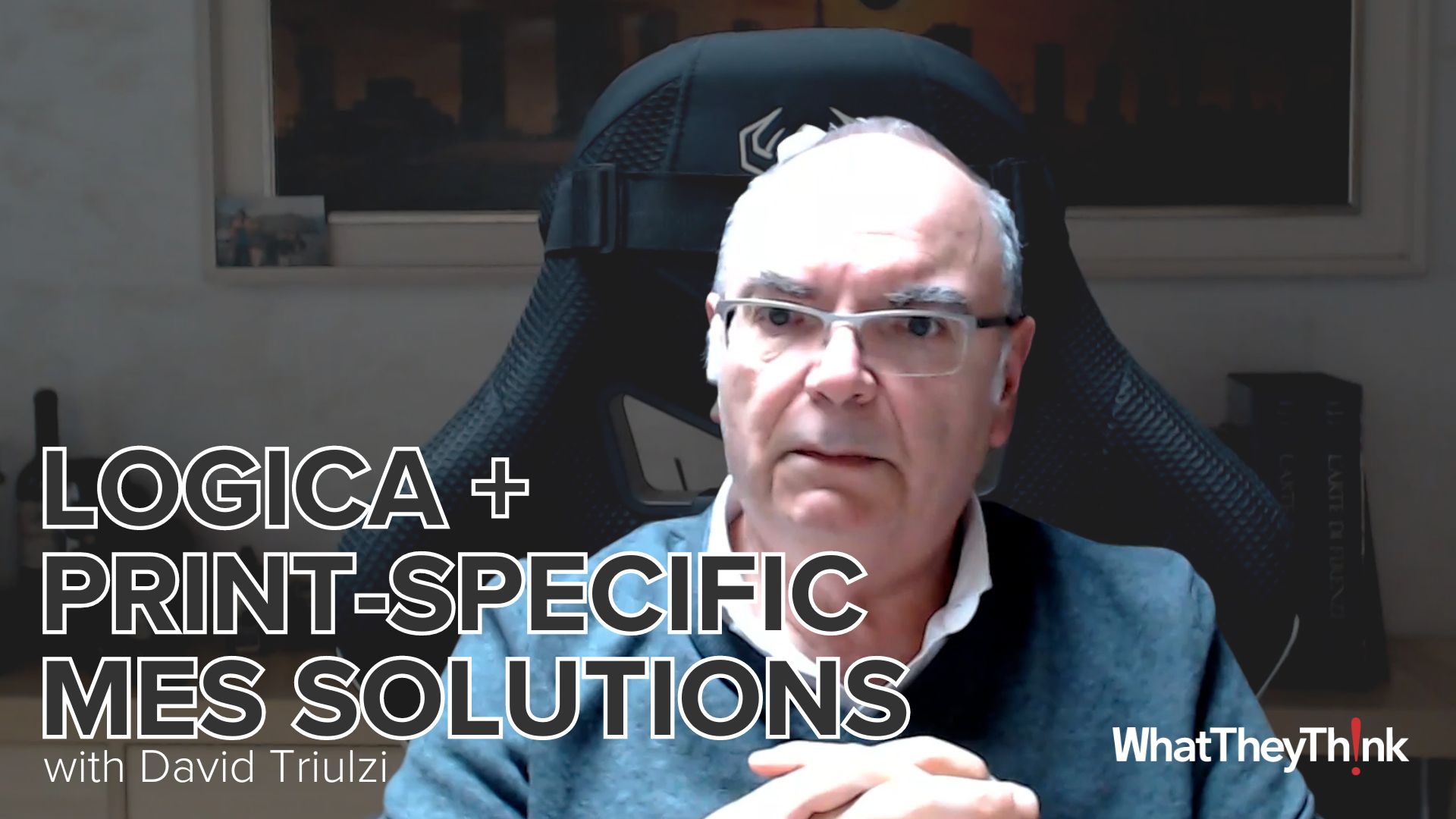New study identifies Chinese subsidies to paper sector playing field needs to be leveled
Press release from the issuing company
Miamisburg, Ohio - Appleton Coated LLC, NewPage Corporation and Sappi Fine Paper North America - commended the Economic Policy Institute for its study, No Paper Tiger, Subsidies to China's Paper Industry From 2002-09, authored by Professor Dr. Usha C.V. Haley.
The Economic Policy Institute's (EPI) report highlights the continuing efforts of the Chinese government to promote the development of its paper producers at almost any expense. The academic study identified roughly $33 billion in subsidies provided to China's paper producers in a variety of forms that have stimulated enormous capacity increases and jeopardized production and jobs in the U.S.
This study backs up the facts that underlie the trade case that was filed by our companies and the United Steelworkers (USW) union last September. That case alleged that Chinese and Indonesian paper producers benefited from subsidies and were dumping their products in the U.S. market. At each stage of the government's review of the cases, the concerns were validated and relief has been authorized.
Among the study's findings:
- "Since 2000, China has tripled its paper production..."
- "China's rapid rise in the global paper industry has been fueled by over $33.1 billion in government subsidies from 2002 to 2009."
- "China has no natural competitive advantage in papermaking, and lacks the natural resources to fuel the industry... Despite global overcapacity, China's paper industry has added on average 26% of new capacity every year from 2004... (E)xports have led the development of China's paper industry with detrimental effects on the United States and global economies."
- "The U.S. trade deficit with China on paper has been increasing exponentially since 2002. Imports from China are rising faster than those from any other country for this industry. In February 2010, the annualized growth rate of Chinese paper and paper-product imports into the United States approximated 22%."
- "China has no inherent cost advantage in the capital-intensive paper industry. Indeed, labor makes up about 4% of the costs in this industry; in contrast, imported recycled paper and pulp comprise over 35% of the costs. Raw materials, which make up three-fourths of the costs of producing paper, as well as electricity, coal, and transportation, have nearly doubled in price over the last decade. Yet, Chinese paper sells at a substantial discount compared to U.S. or European paper."
"This study shows that Chinese subsidies are pervasive and have fueled the development of their industry. Their policies have damaged production here in the U.S., and cost jobs. Our case seeks to address only a portion of their subsidies that have affected the coated paper sector. But, something must be done to address China's overall subsidies so that other sectors, producers and workers do not become victims as well," said Sandra Van Ert, president and chief executive officer of Appleton Coated LLC.
"EPI's study strengthens our case and shows that China's actions are part of a larger strategy to grow their industry regardless of the cost to others. China is a non-market economy that simply doesn't play by the rules. All we're seeking is the restoration of a level playing field where we're allowed to compete and continue to invest in plant, equipment and people," stated Mike Marziale, senior vice president, marketing, strategy and general management of NewPage Corporation.
Mark Gardner, president and chief executive officer of Sappi Fine Paper North America said, "This study clearly demonstrates the need for a competitive market in coated paper. Our trade case is meant to restore a level playing field. Until something is done about China's overall predatory policies, we and other industries will continue to have to pursue such trade cases."
The companies and the United Steelworkers filed unfair trade cases on September 23, 2009 with the U.S. Department of Commerce (DOC) and the U.S. International Trade Commission alleging that certain coated paper from China and Indonesia had been dumped and subsidized resulting in injury to the domestic industry and its employees. The paper products covered by the petitions include coated paper in sheet form used in high-quality writing, printing and other graphic applications, with a GE brightness rating of 80 or higher and weighing up to 340 grams per square meter.
The domestic industry has experienced capacity reductions and under-utilization resulting in the loss of jobs in communities all across the country. The petitions show that unfairly traded imports from China and Indonesia are a significant contributor to that underutilization of capacity, mill closures and resultant job loss.
The three companies employ about 6,000 production workers represented by the USW at 20 paper mills operating in seven states.
- Inkjet Integrator Profiles: DJM
- Spring Inkjet Update – Webinar
- Security Ink Technologies for Anti-Counterfeiting Measures
- Komori unveils B2 UV Inkjet
- Keeping Nozzles Fresh with Flow
- Komori to Unveil the J-throne 29 Next Generation Digital Press at drupa 2024
- Inkjet drives convergence of transactional and graphic arts applications
- The Inevitability of Technology Shifts and How to Communicate with Credibility

WhatTheyThink is the official show daily media partner of drupa 2024. More info about drupa programs
© 2024 WhatTheyThink. All Rights Reserved.








